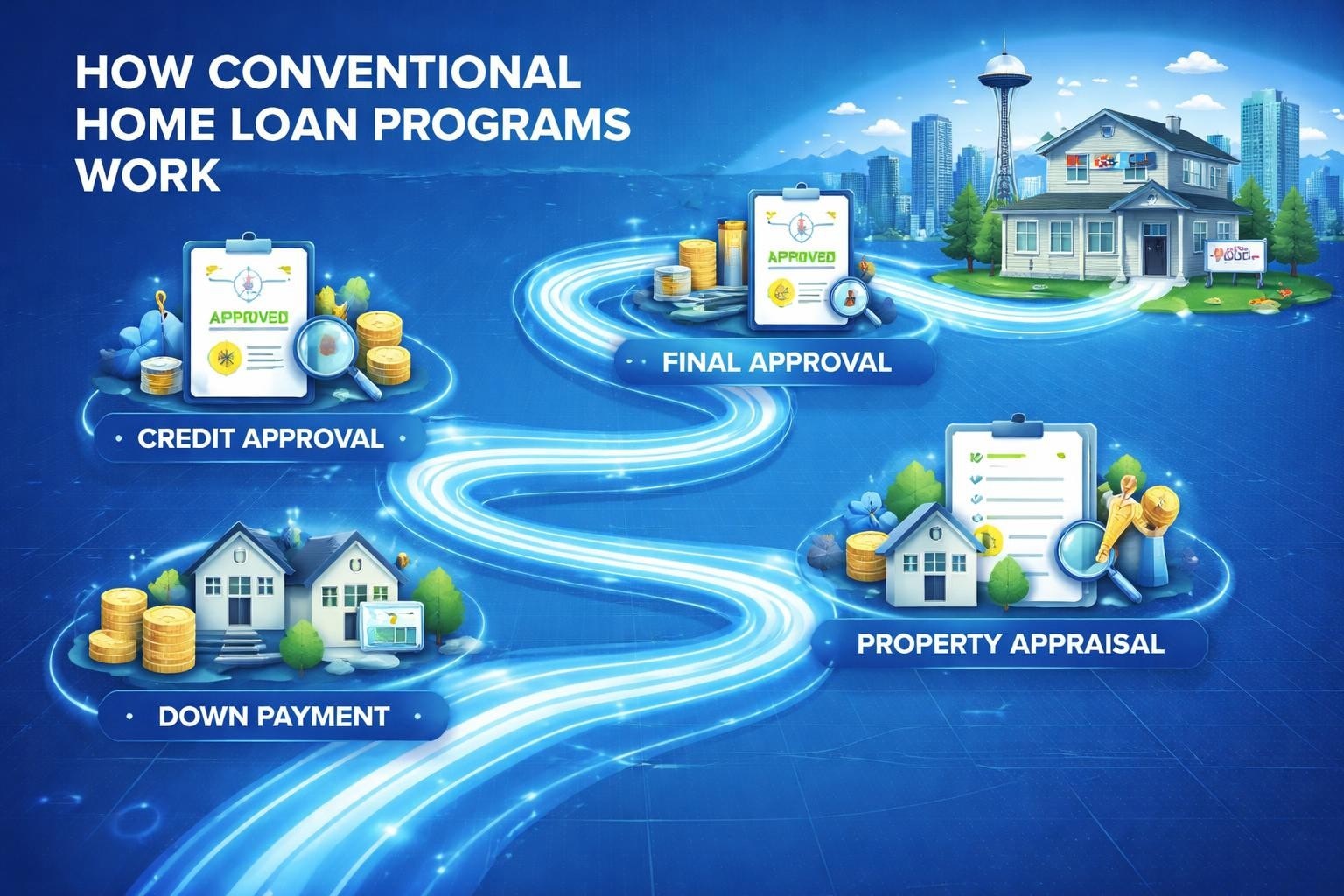With the statement made below, there is no guarantee what changes will actually take place or if you can benefit. The one positive note is investors with 4 – 10 properties will be able to refinance with these historically low interest rates. They did not mention the hurdles or consequences home owners will face if they used this program. Here are important factors (red) to consider if you plan on refinancing.
Refinance now, secure YOUR property value, before it has the potential to decline.
Secure rock bottom rates today vs. in a few months there are no guarantees.
Once banks take over the appraisal process they control market value.
Does not mention income requirements, credit score requirements, loan amounts, etc.
The government is backing the mortgage industry the rates but rates have not continued to drop.
Mortgage insurance premiums may increase.
Bloomberg News
Fannie Mae, the mortgage-finance company under U.S. government control, will loosen rules for homeowners seeking to lower their loan payments by refinancing.
Fannie Mae will drop some credit-score requirements, reduce income-documentation standards and waive the need for appraisals in some cases, according to a notice to lenders posted on the agency’s Web site. The changes apply to loans that the company owns or guarantees.
The company, which accounts for more than 40 percent of the $12 trillion in U.S. residential mortgage debt, is seeking to break a “logjam” in refinancing and allow more homeowners to take advantage of near-record low interest rates, according to Brian Faith, a Fannie Mae spokesman.
The increased flexibility for consumers isn’t large enough to significantly harm mortgage-bond investors and mortgage insurers, analysts said.
“This is not yet the no-appraisal refi wave that many have feared,” Matt Jozoff and Brian Ye, mortgage-bond analysts at New York-based JPMorgan Chase, wrote in note to clients Wednesday.
Fannie Mae’s appraisal change doesn’t mean borrowers with less than 20 percent home equity can forgo mortgage insurance, the analysts said. That’s because Fannie Mae will likely use automated models to check home values listed on applications before offering to waive appraisals, the analysts said.
The company’s DU Refi Plus program will start April 4.
The program “will streamline” refinancing “for potentially millions of current mortgage holders,” Faith said.
While Fannie Mae, smaller rival Freddie Mac and the companies’ regulator are considering permitting borrowers to refinance even when the consumers owe more than their homes’ worth, they also must consider “the various hurdles and unintended consequences,” Federal Housing Finance Agency Director James Lockhart said in a Feb. 2 interview.
Fannie Mae’s changes will include allowing borrowers seeking to take out a loan that is 80 percent of the value of the home or less to qualify for refinancing with credit scores below its 580 minimum. Consumer credit scores as measured by Fair Isaac range from 300 to 850.
The program also lowers income-documentation requirements to one current pay stub, according to the notice.
The U.S. took control of Fannie Mae and McLean, Freddie Mac in September as their losses threatened to further roil the housing market. The government agreed to inject as much as $200 billion of capital to protect investors in their roughly $6 trillion of corporate debt and mortgage bonds.
The average rate on a typical 30-year fixed mortgage rose to 5.25 percent in the week ended Thursday, according to Freddie Mac. Rates are up from 4.96 percent three weeks ago, a record low, and down from 6.46 percent in the last week of October.
Under their government charters, the companies must have borrowers or lenders buy mortgage insurance or other forms of so- called credit enhancement if their down payments or home equity are less than 20 percent. Mortgage insurers cover all or some of lenders’ losses on defaulted debt.
Mortgage-bond holders who paid more than face value for the debt may incur losses if refinancing means the securities are repaid faster than expected, cutting the value of the premium coupons on the bonds.
More than 95 percent of Fannie Mae or Freddie Mac-guaranteed fixed-rate mortgage securities are trading above face value, according to Bloomberg data.
“Absurd” concern about faster prepayments being potentially enabled by quick Fannie Mae and Freddie Mac policy changes can be seen in the only about 1-percentage-point gap between prices for Fannie Mae’s 4.5 percent and 5 percent mortgage bonds, Ken Hackel, head of fixed-income strategy at RBS Greenwich Capital Markets, wrote to clients today.
While lenders won’t be required to make contractual promises about the value or condition of homes under Fannie Mae’s Refi Plus refinance program, they will still be required to represent that all data submitted to the company’s computer underwriting program are accurate, according to the notice.
Faith said that the company will “expedite the refinancing process for Fannie Mae-owned loans by, under certain conditions, leveraging our automated risk assessment capabilities to validate the current market values in lieu of traditional appraisal or property inspection requirements.”
Copyright ? 2009 The Seattle Times Company





Leave a Reply